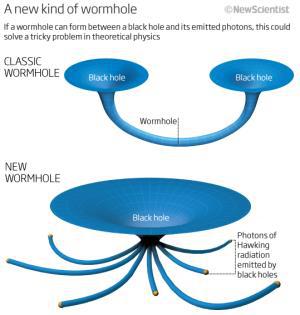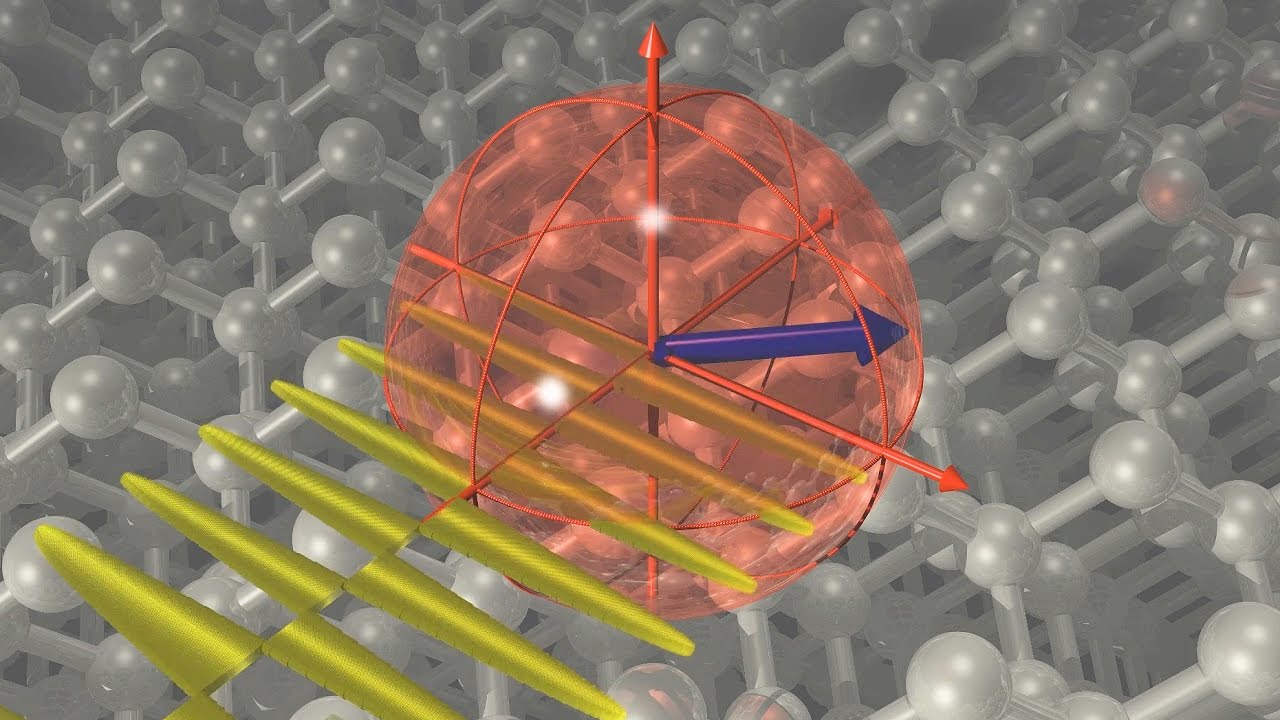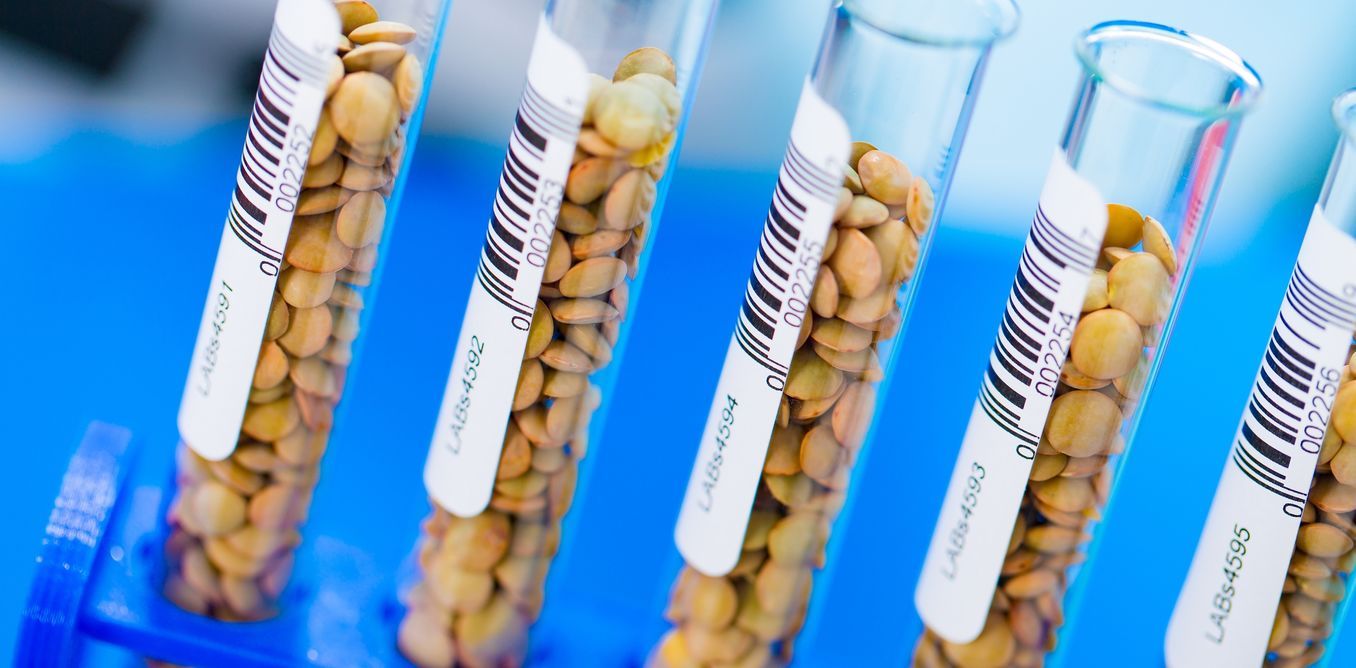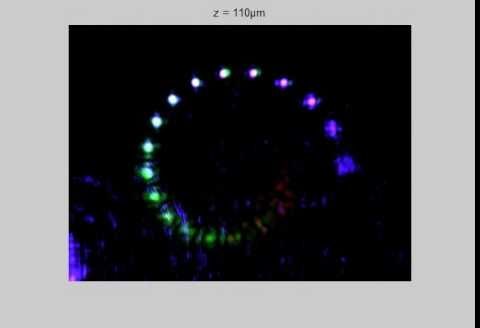Russian scientists have developed a small-radius centrifuge for creating artificial gravity at the International Space Station.
MOSCOW (Sputnik) — A centrifuge to create artificial gravity will be installed aboard an inflatable module developed by Russia at the International Space Station (ISS), the head of Russia’s Institute for Biomedical Problems (RIBP) said Thursday.
“We have created a small-radius centrifuge. This method has been demonstrated to be viable to simulate artificial gravity,” the Russian Academy of Sciences’ RIBP Director Oleg Orlov told reporters.









